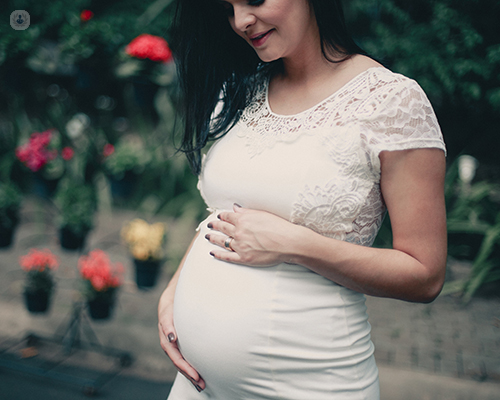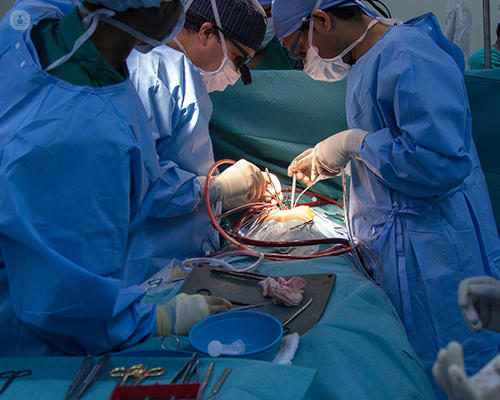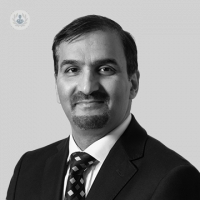Varicose veins: how can they treated?
Autore:Varicose veins, while unsightly, often don’t cause many problems. However, they can sometimes become serious and require treatment. In his latest article, renowned vascular surgeon Mr S. Tawqeer Rashid explains this condition in detail, as well as the different treatments available.

What are varicose veins?
Varicose veins are veins underneath the skin of the legs that become very large and visible. They are quite common, but they don’t always cause problems
The leg has two different systems of veins:
Deep veins – when you walk, the leg muscles squeeze the deep veins, carrying most of the blood back up to the heart.
Superficial veins – These veins are less important. They are underneath the surface of the skin, and can cause varicose veins.
All of these veins have one-way valves that allow blood to flow towards the heart and prevent it from flowing backwards away from the heart towards the legs. If these valves become leaky, the blood flows back down the legs. As the heart and the deep veins have higher blood pressure than the superficial veins, once these valves become leaky, they can flow into the superficial veins. This can cause pressure to build up, especially when standing. This can lead to a widening of the veins, meaning they don’t close properly. This ultimately results in varicose veins. These can then go on to form spider veins, or become discoloured.
What are the symptoms that a patient feels when they are suffering from this condition?
The main symptom people get are pain, aches, and heaviness particularly after standing or exercising.
Other symptoms include itching, swelling of the legs and in rare cases changes in the skin, such as varicose eczema. This can progress into more permanent skin changes, all the way up to a venous ulcer. This is when the skin is damaged and you no longer have skin over an area of the leg. This does not heal due to the problems in the veins.
What are the main causes of varicose veins?
There is some evidence that they run in families. They are also more common in women, with up to 50% of women affected during their lifetime. This can be due to hormonal changes, or often it is associated with pregnancy. This could be due to hormonal changes, extra blood, or the baby in the womb pressing on the veins and increasing pressure.

There is some evidence that if you stand for long periods or have suffered from previous injuries to the leg, you may be predisposed to varicose veins. If you have previously suffered from deep vein thrombosis, you may also be predisposed to varicose veins.
What can I do to prevent this condition?
Prevention of varicose veins is quite difficult. In general, there is very little a person can do to prevent it from happening.
What treatments are available for varicose veins?
Nowadays, a range of different treatments are available. If you suffer from pain and swelling you can wear tight stockings to alleviate your symptoms. If you want to treat the underlying cause, more invasive treatment is needed.
Traditionally open surgery was done. While this is still an option, it is not what most doctors recommend these days. Ideally, we try to treat it with a device that goes inside the vein, something called endovenous ablation.

Within this there are two different broad groups of treatment:
- Thermal which uses heat to treat the veins.
- Non-thermal which uses chemicals to treat the vein from the inside.
Injections can also be done to treat larger veins and spider veins. For more cosmetic purposes, laser treatment is also an option.
Mr S. Tawqeer Rashid is a renowned vascular surgeon based in Greater Manchester. If you would like to book an appointment with Mr S. Tawqeer, you can do so today via his Top Doctors profile.


